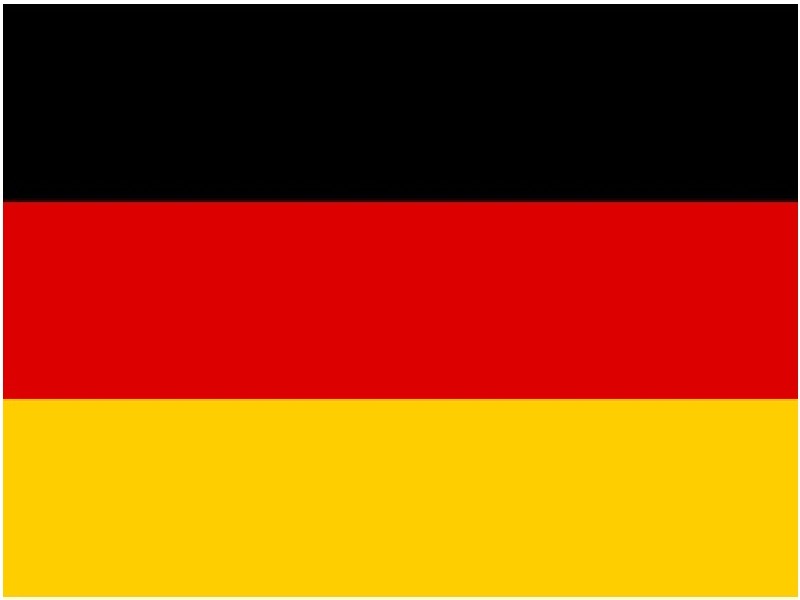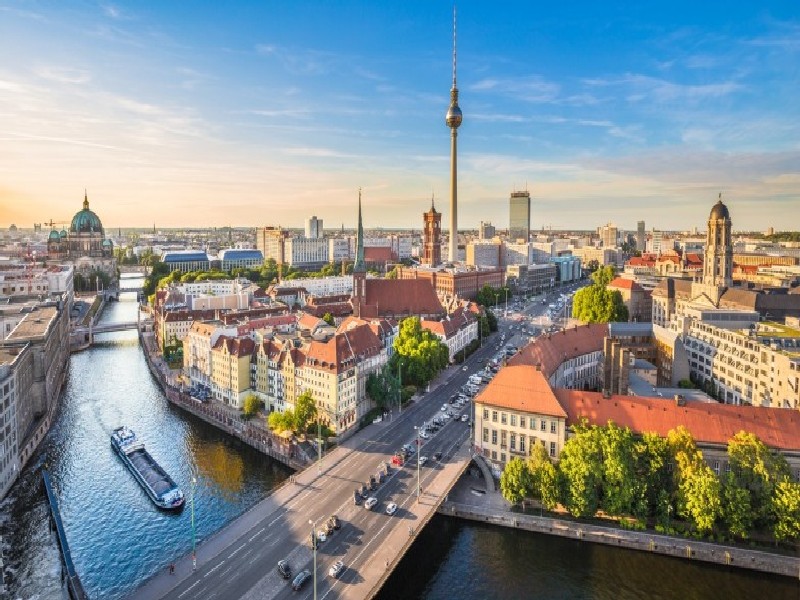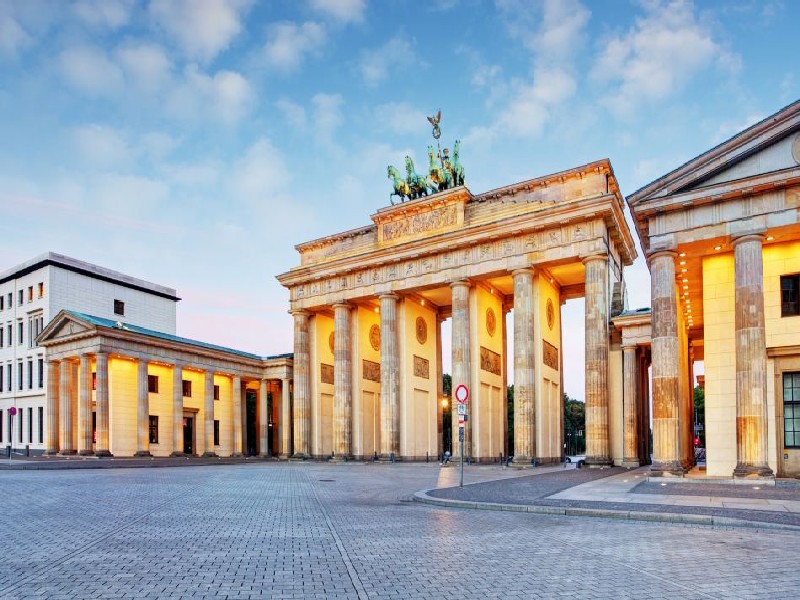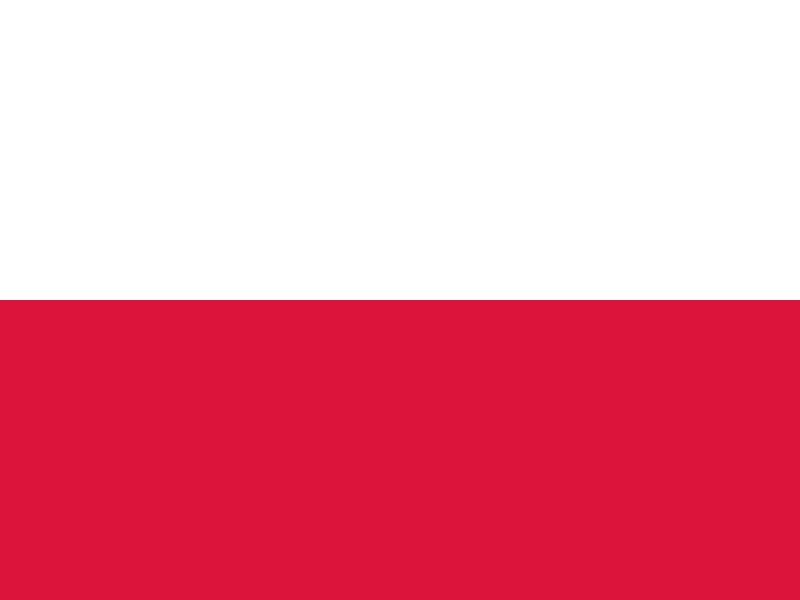
Germany

Start your education career with us.
Germany is located in the center of Europe and shares borders with 9 countries: Denmark, Poland, Czech Republic, Austria, Switzerland, France , Luxemburg, Belgium and the Netherlands
FAST FACTS
- OFFICIAL NAME: Federal Republic of Germany
- FORM OF GOVERNMENT: Federal republic
- CAPITAL: Berlin
- POPULATION: 82,422,299
- OFFICIAL LANGUAGE: German
- MONEY: Euro
- AREA: 349,223 square kilometers
- MAJOR RIVERS: Rhine, Elbe, Main, Danube
Average monthly cost of living for a student in Germany is 600-1100 Euros. It varies between the euro. Determined by the German state monthly living expenses are 861 Euros. This student It may differ according to the preferences. These charges includes:
- Accommodation
- Food and drink
- Course materials
- Telephone and internet
- Insurance
- Local transport
- Personal activities
- Most institutions have restaurants,
- Sports facilities and other facilities.
Making money while studying is part of everyday life for many students in Germany. Overall, around two-thirds of all students are profitably employed, according to the current social survey of the German Studentenwerk.
In Germany, various social security contributions and taxes are automatically deducted from your earnings. However, a pro-student policy is followed. Students can earn their earnings either with some cuts or without any interruptions.
The Employment Agency's regional offices often have a work placement system for students. In large university centers such as Berlin, Studentenwerk or students have job placements on their own. Various advertisements can be seen on "blackboards" in universities. Universities and "Studentenwerkes" often have job boards on their websites. In addition, job search opportunities are available in all regional or local newspapers left at home for weekends, thanks to advertisements for additional jobs.
While studying in Germany, it is possible to work in three different categories:
Aushilfe: When you have just received your work permit in Germany, in cases where your German is not sufficient and may not be sufficient for a job related to your department, usually: cleaning works, dishes, transportation, fast food, community work and hourly fees 6 € to 10 € is in the range.
Hilfswillig: Working voluntarily in units such as the university library, university computer room or student affairs is included in this class.
Werkstudent: 68% of the students finance the education budget by working in any business line within the scope of "werkstudent". Werkstudents throughout Germany cost 10-14 € per hour if they work hourly.
You can usually work for a company in an area related to your department. Automobile companies such as Mercedes, BMW, Audi, Volkswagen AG and companies operating in the aircraft industry are preferred by technical students.
Why Study in Germany
Diversity : The range of courses offered at German universities is immense and gives you the opportunity to choose whatever area of study you want to focus on. A huge array of international programmes and inter-disciplinary degree programmes allows you to specialize.
Discover the beauty and diversity Germany has to offer! When you take time off from your studies, there are 1001 ways of finding out more about your host country. For example, you can go to a museum, a cinema or a theatre, you can sit in a beer garden, you can go for a walk on a beach, you can swim in a lake, climb a mountain or visit an old castle.
Geared to Practice : German universities provide outstanding academic programmes, while universities of applied sciences offer a range of attractive, practice-oriented options. A lot of universities collaborate with companies. Many study programmes combine theory and practice. This will greatly facilitate your career start.
Potential Unlock : In Germany, you can make the most of yourself. Here you can develop your intellectual abilities and personal skills freely and reach your full potential. If you are out to achieve great things, you will find determination, motivation and commitment open many doors – both during your studies and after your studies.
If this diploma has been issued in another language than English or German, it must be accompanied by a translation in one of these languages
After the online application, the International Admissions Desk will verify the entered information. When complete and verified, you will receive an e-mail to proceed
When your application was successful, you will receive a letter of admission. This letter enables you to: The letter of admission will state the following information:
A Letter of Acceptance is provided and sent to you. You can now apply for a visa.
STEP 1 - Fill in the Application Form
Click for the Application Form
Be sure to upload the required documents to the online application form:
1. Copy of passport;
2. High School Diploma and Bachelor Diploma if you have;
3. Transcript of records;
4. Photo ID;
5. Letter of motivation;
6. 2 reference letters (for Master's Degree Programs);
7. Updated CV
8. Proof of language proficiency (equivalent to C1 level)
STEP 2 - Apply for the equivalence of qualification
You will need to request acknowledgement of equivalence of qualification
STEP 3 - Verification and Confirmation
STEP 4 - Letter of Admission
STEP 5 - Visa Application
